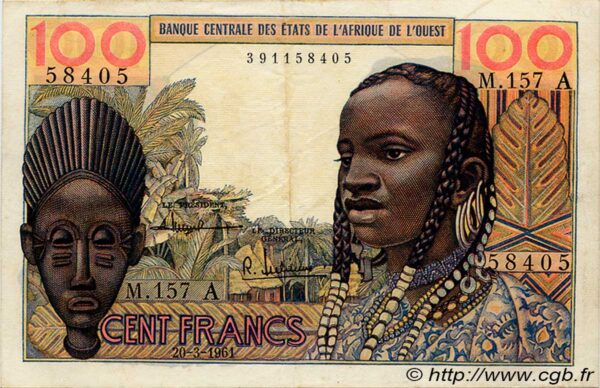By Professor Amath Ndiaye, FASEG-UCAD.
For decades, a part of the African public opinion has been led to believe that the operations account held at the French Treasury represented a kind of money “confiscated” by France. This perception does not stand up to recent facts.
In 2023, the BEAC – central bank of the CEMAC – received 196.7 billion CFA francs in interest on its reserves placed at the French Treasury, an increase of 358% compared to 2022. These returns are directly related to the rise in the ECB’s key rates, applied according to modalities set by monetary agreements (minimum guaranteed rate of 0.75% or 1%, with the application of the marginal lending facility rate when it is higher).
In other words, the operations account functions as a remunerated savings account, and not as an inaccessible safe deposit box: it generates income for the African central bank.
The comparison with the UEMOA is enlightening: since the closure of its operations account in 2021, the BCEAO directly manages its external reserves, placing them in bank deposits, debt securities, and IMF assets, for a total return of 176.96 billion CFA francs in 2023.
These figures show that it is inaccurate to present the operations account as a deduction or a plundering: it is an investment, certainly regulated by agreements, but which generates significant income for African central banks.
About Prof. Amath Ndiaye
Prof. Amath Ndiaye is a prominent Senegalese economist, holding a Doctorate in Economics from Cheikh Anta Diop University in Dakar (2001) and a 3rd cycle Doctorate in Development Economics from the University of Grenoble, France (1987). Since 1987, he has been teaching at the Faculty of Economics and Management Sciences at Cheikh Anta Diop University in Dakar. A recognized expert, he has collaborated with prestigious institutions such as the African Development Bank, the World Bank, and the IMF, specializing in areas such as exchange rates, economic growth, and institutional development. He was an expert-member of the steering committee of the African Union Commission for the Creation of the African Central Bank. Prof. Ndiaye is the author of numerous influential publications, particularly on exchange rate regimes and economic growth in West Africa. Trilingual, he is fluent in Wolof, French, and English.


